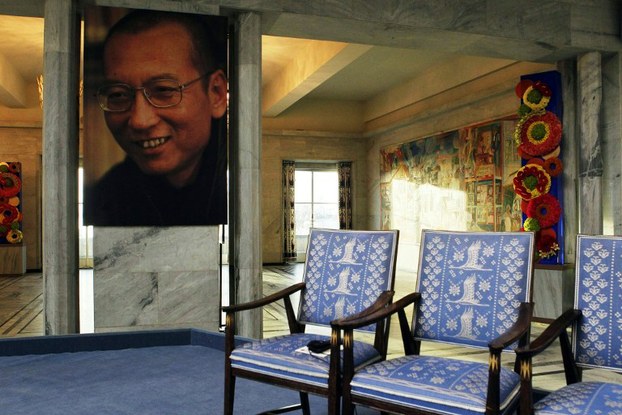By Bill Gates
I just looked over the list of books I read this year, and I noticed a pattern. A lot of them touch on a theme that I would call “how things work.” Some explain something about the physical world, like how steel and glass are used, or what it takes to get rid of deadly diseases. Others offer deep insights into human beings: our strengths and flaws, our capacity for lifelong growth, or the things we value. I didn’t set out to explore these themes intentionally, though in retrospect it make a lot of sense since the main reason I read is to learn.
Below the video are short reviews of some of the best books I read in 2015, in no particular order, with links to longer write-ups. As usual with my year-end lists (see 2013 and 2014), not all the books came out this year. I hope you find something to your liking. And feel free to share your own favorites in the comments section below.
The Road to Character, by David Brooks. The insightful New York Times columnist examines the contrasting values that motivate all of us. He argues that American society does a good job of cultivating the “résumé virtues” (the traits that lead to external success) but not our “eulogy virtues” (the traits that lead to internal peace of mind). Brooks profiles various historical figures who were paragons of character. I thought his portrait of World War II General George Marshall was especially enlightening. Even if the distinction between the two types of virtues is not always crystal clear, The Road to Character gave me a lot to think about. It is a thought-provoking look at what it means to live life well.
Thing Explainer: Complicated Stuff in Simple Words, by Randall Munroe. The brain behind XKCD explains various subjects—from how smartphones work to what the U.S. Constitution says—using only the 1,000 most common words in the English language and blueprint-style diagrams. It is a brilliant concept, because if you can’t explain something simply, you don’t really understand it. Munroe, who worked on robotics at NASA, is an ideal person to take it on. The book is filled with helpful explanations and drawings of everything from a dishwasher to a nuclear power plant. And Munroe’s jokes are laugh-out-loud funny. This is a wonderful guide for curious minds.
Being Nixon: A Man Divided, by Evan Thomas. Former U.S. president Richard Nixon is often portrayed as little more than a crook and a war monger. So it was refreshing to see a more balanced account in Being Nixon, by author and journalist Evan Thomas. I wouldn’t call it a sympathetic portrait—in many ways, Nixon was a deeply unsympathetic person—but it is an empathetic one. Rather than just focusing on Nixon’s presidency, Thomas takes a cradle-to-the-grave approach and gives you sharp insights into the inner workings of a brilliant, flawed, and conflicted man.
Sustainable Materials With Both Eyes Open, by Julian M. Allwood, Jonathan M. Cullen, et al. How much can we reduce carbon emissions that come from making and using stuff? Quite a bit, according to the University of Cambridge team behind this book. They look closely at the materials that humans use most, with particular emphasis on steel and aluminum, and show how we could cut emissions by up to 50 percent without asking people to make big sacrifices. Although the topic can be dry as a desert, the authors keep it light with lots of colorful illustrations and clever analogies without sacrificing clarity or rigor. I learned a lot from this thoughtful look at a critical topic. (You can download it free on the authors’ site.)
Eradication: Ridding the World of Diseases Forever?, by Nancy Leys Stepan. Stepan’s history of eradication efforts gives you a good sense of how involved the work can get, how many different kinds of approaches have been tried without success, and how much we’ve learned from our failures. She writes in a fairly academic style that may make it hard for non-experts to get to her valuable arguments, but it’s worth the effort. You come away from it with a clearer sense of how we can use the lessons of the past to guide future efforts to save lives.
Mindset: The New Psychology of Success, by Carol S. Dweck. This book first came to my attention a few years ago during an invention session on education with my friend Nathan Myrhvold. It’s been an important influence on the foundation’s education work. Through clever research studies and engaging writing, Dweck illuminates how our beliefs about our capabilities exert tremendous influence on how we learn and which paths we take in life. The value of this book extends way beyond the world of education. It’s just as relevant for businesspeople who want to cultivate talent and for parents who want to raise their kids to thrive on challenge.
Honorable mention: I read one book this year that definitely deserves a spot on this list, but I haven’t had time to give it the full write-up it deserves. The Vital Question, by Nick Lane, is an amazing inquiry into the origins of life. I loved it so much that I immediately bought all of Lane’s other books. And I jumped at the chance to meet Lane and talk to him about his research last September, when both of us were in New York City. I’ll post more about his fascinating work when I get the chance.
Source: http://www.gatesnotes.com/About-Bill-Gates/Best-Books-2015

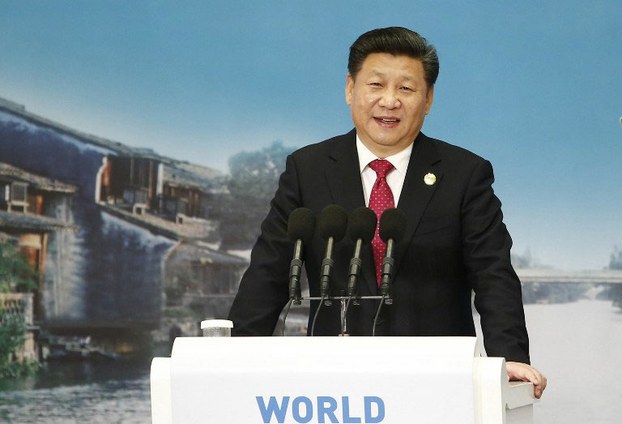
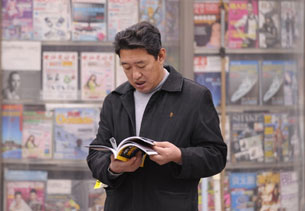
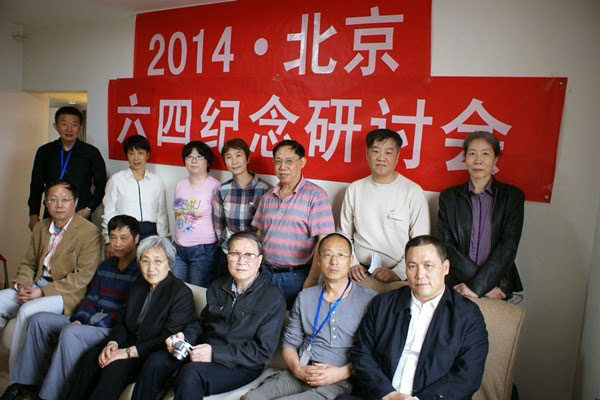
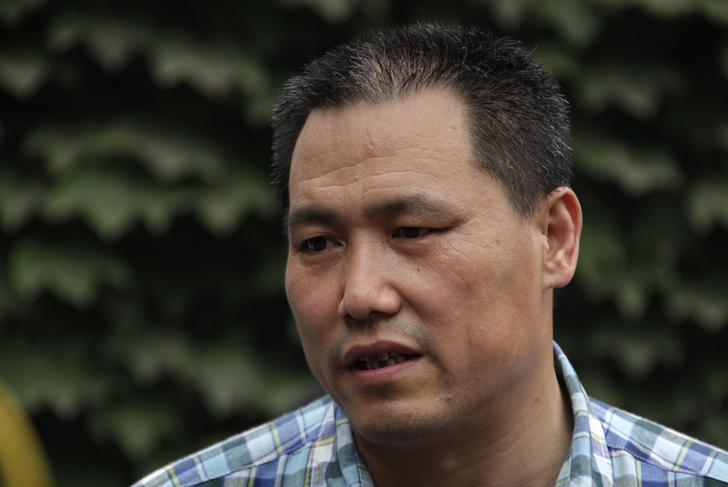
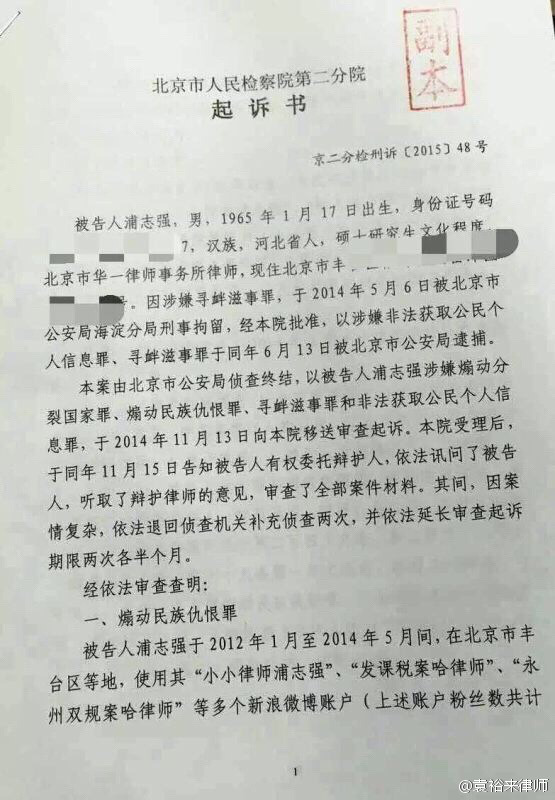 Defendant Pu Zhiqiang, male, born January 17, 1965, identification number [redacted], Han ethnicity, from Hebei Province, master’s degree education, is a lawyer at the Beijing Huayi Law Firm and resides at [redacted] in Beijing. Placed under criminal detention by the Haidian Precinct of the Beijing Public Security Bureau on May 6, 2014, under suspicion of provoking a serious disturbance. With the approval of this procuratorate, arrested by the Beijing Public Security Bureau on June 13, 2014, under suspicion of illegally obtaining citizens’ personal information and provoking a serious disturbance.
Defendant Pu Zhiqiang, male, born January 17, 1965, identification number [redacted], Han ethnicity, from Hebei Province, master’s degree education, is a lawyer at the Beijing Huayi Law Firm and resides at [redacted] in Beijing. Placed under criminal detention by the Haidian Precinct of the Beijing Public Security Bureau on May 6, 2014, under suspicion of provoking a serious disturbance. With the approval of this procuratorate, arrested by the Beijing Public Security Bureau on June 13, 2014, under suspicion of illegally obtaining citizens’ personal information and provoking a serious disturbance. 